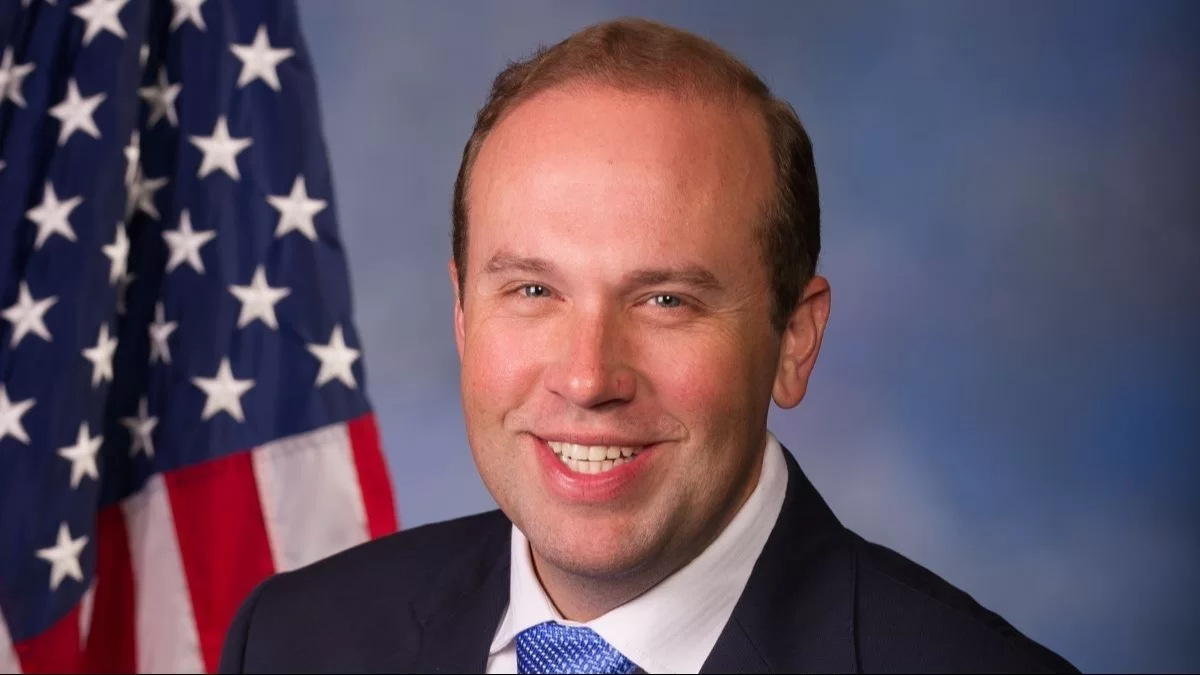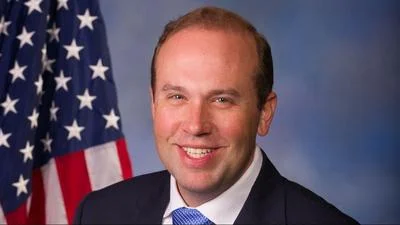Rep. Jason T. Smith, U.S. Representative for Missouri's 8th District | Congressman Jason Smith Official U.S. House headshot
Rep. Jason T. Smith, U.S. Representative for Missouri's 8th District | Congressman Jason Smith Official U.S. House headshot
President Joe Biden's energy policies have been a point of contention, particularly concerning their impact on working-class Americans. The cancellation of the Keystone XL pipeline on his first day in office was met with criticism, as it would have provided jobs and oil supply to U.S. refineries. This decision has been highlighted as part of a broader agenda that is seen as detrimental to rural communities, as stated by a Republican representative who expressed concern over the consequences for working-class families.
The push towards electric vehicles (EVs) under Biden's administration has raised concerns about affordability. The average cost of an EV, estimated at $50,000, is seen as prohibitive for many working-class families in certain Missouri regions. The emphasis on transitioning to cleaner energy sources through policies like EV mandates has been criticized for potentially exacerbating financial burdens on rural Americans.
The significant increase in energy prices during Biden's initial months in office has further fueled apprehensions about the impact of his administration's energy agenda. The rise in energy costs, coupled with regulatory measures that aim to shift towards cleaner energy sources, has drawn criticism for its potential to burden rural communities and small businesses.
In response to these concerns, House Republicans have taken steps to counter what they perceive as a costly climate agenda. Legislative efforts have been made to challenge Biden's policies, including measures to prevent bans on energy exports and fracking, as well as opposition to rules restricting energy production on federal lands. The House also moved to eliminate certain funding mechanisms that support the administration's climate initiatives.
Despite these actions, the fight to protect rural Americans from what is characterized as a costly climate agenda continues. The commitment to safeguard affordable energy options for working-class families remains a priority for some lawmakers, who are determined to resist what they view as attempts to impose burdensome energy policies on rural communities.



 Alerts Sign-up
Alerts Sign-up